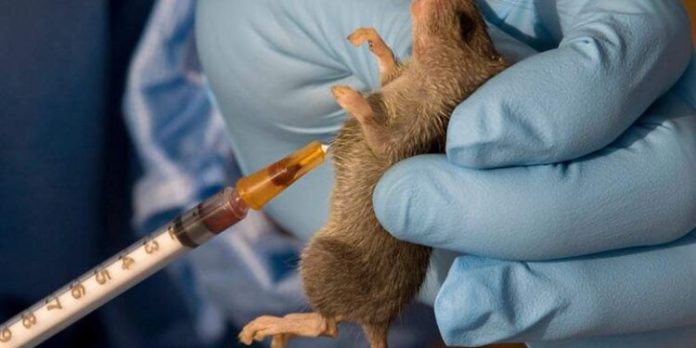Edo State records 36 confirmed Lassa fever cases and eight fatalities between December 30, 2024, and January 2025, according to the Commissioner for Health, Dr. Cyril Oshiomhole.
Oshiomhole announces the outbreak on Friday in Benin, officially declaring the state’s Lassa Fever situation. He states that the 2025 epidemic year begins on December 30, 2024, with 336 suspected cases reported so far, out of which 36 are confirmed, and eight result in death.
Oshiomhole describes Lassa Fever as a recurring public health challenge in Edo State, emphasizing the risks associated with its rapid transmission and severe health complications if not effectively managed.
He confirms that 14 patients are receiving specialized care at the Lassa Fever Treatment Center at Irrua Specialist Teaching Hospital (ISTH).
“In 2024, Edo State records 3,270 suspected cases, 292 confirmed cases, and 41 deaths, reflecting a decline from 2023, when 372 confirmed cases resulted in 65 deaths,” he states.
The Edo State government activates its Public Health Emergencies Response Management Team to control the outbreak. The team collaborates with healthcare facilities, community leaders, and stakeholders to contain the spread of the virus.
Measures implemented include:
- Enhanced disease surveillance
- Expansion of treatment centers
- Public awareness campaigns
- Strengthened infection prevention and control
- Increased collaboration with local and international health organizations
Healthcare workers receive protective equipment and additional training on managing Lassa Fever cases.
Oshiomhole urges residents to report symptoms such as fever, weakness, headaches, vomiting, or bleeding to the nearest health facility for early detection and treatment.
The response team prioritizes reducing the Case Fatality Rate (CFR), with government support aimed at improving Lassa Fever management.
The molecular laboratory at the University of Benin Teaching Hospital (UBTH) is optimized for Lassa Fever testing, increasing the state’s diagnostic capacity. Edo State now operates two testing centers at UBTH and ISTH.
To enhance outbreak control, Dr. Ekaete Tobi of ISTH is appointed as the state’s Lassa Fever Incident Manager.
Lassa Fever is a viral hemorrhagic disease caused by the Lassa virus, primarily transmitted to humans through contact with the urine, feces, or saliva of infected rats. It can also spread through direct human-to-human contact, especially in healthcare settings.
The disease is endemic in several West African countries, including Nigeria, Guinea, and Sierra Leone.
Symptoms typically appear between 6 and 21 days after exposure and include fever, weakness, headaches, and sore throat. Severe cases may lead to bleeding, vomiting, chest pain, shock, organ failure, and death.
Health authorities continue to urge vigilance, emphasizing the importance of early detection, prompt treatment, and preventive measures to curb the outbreak.












